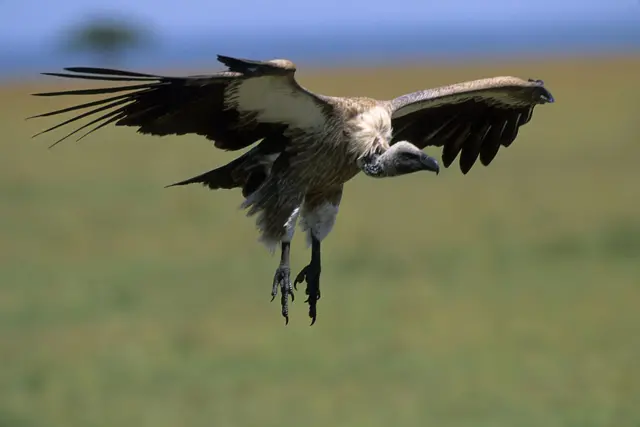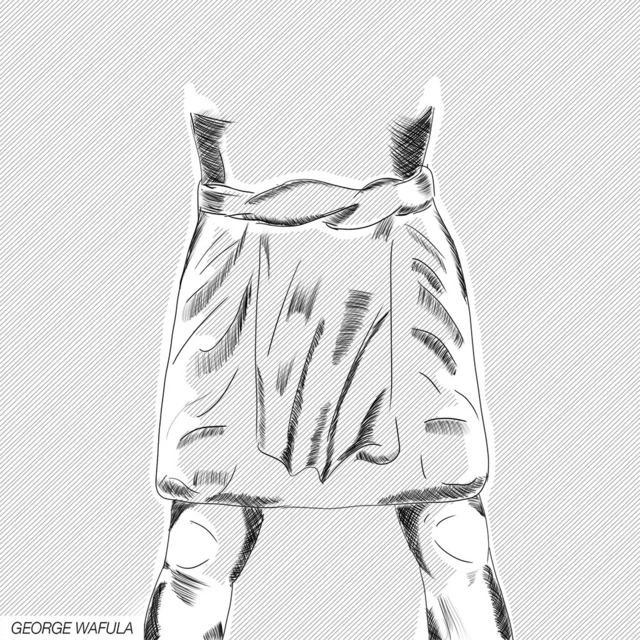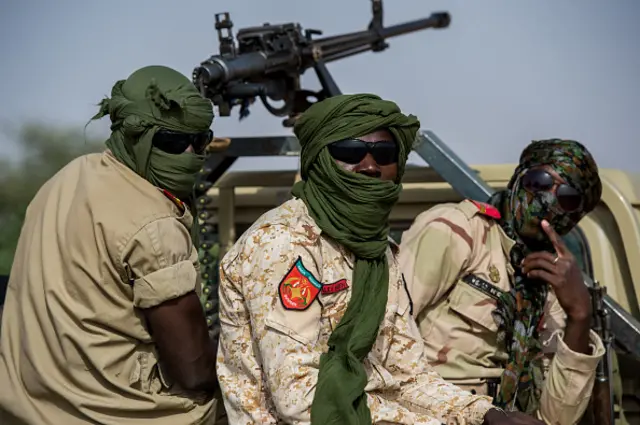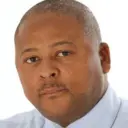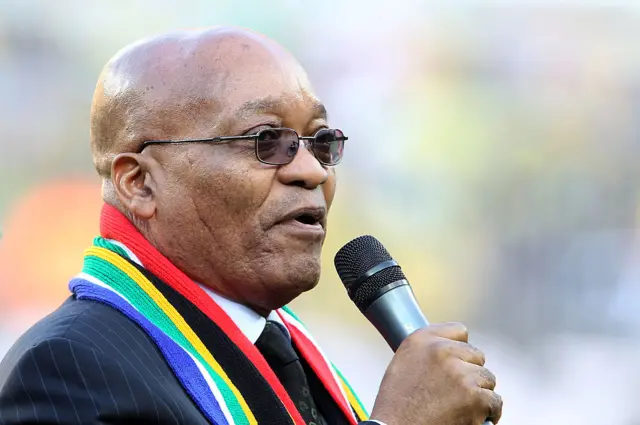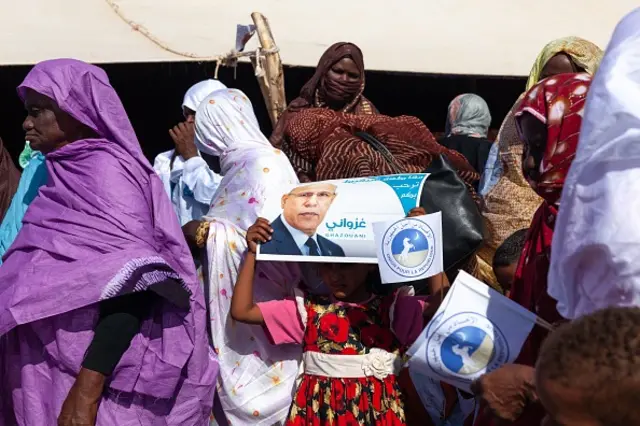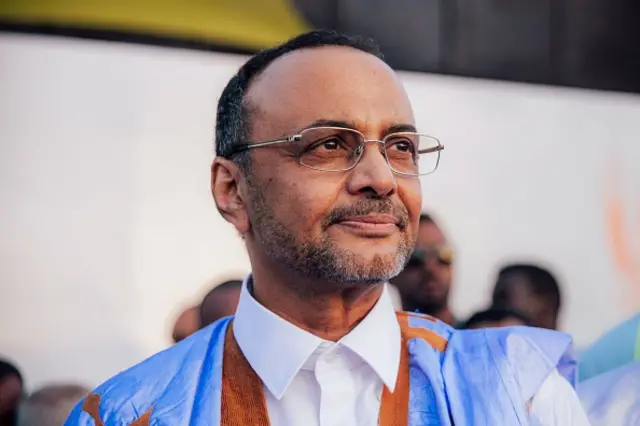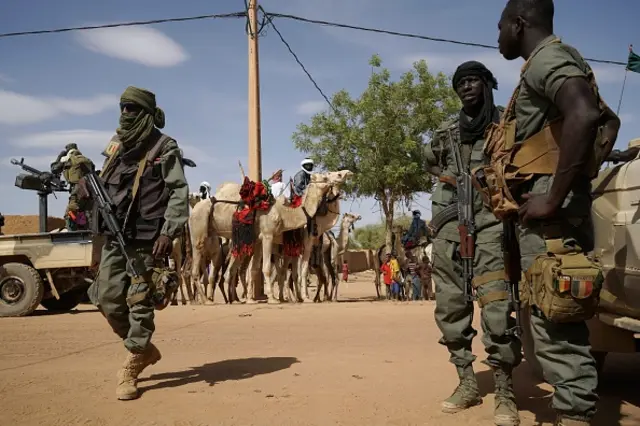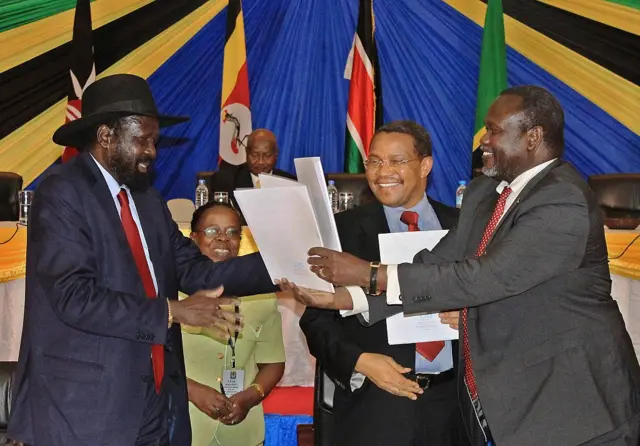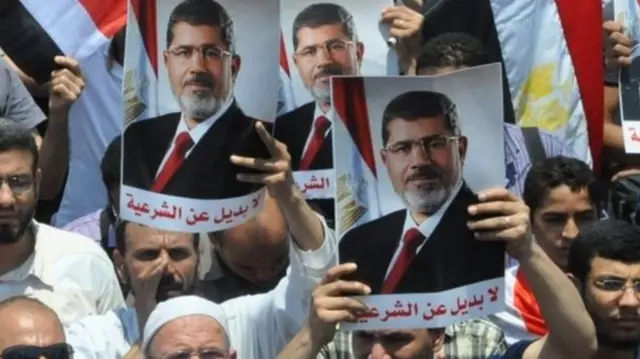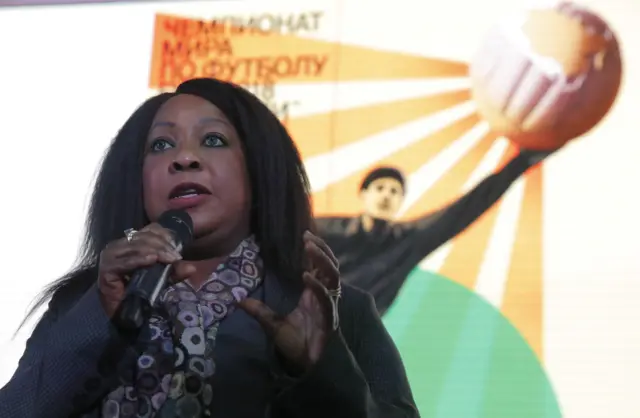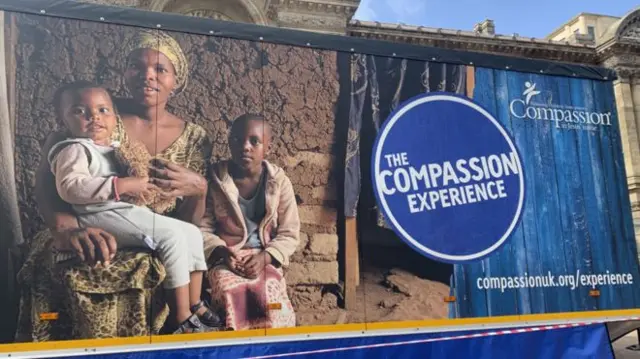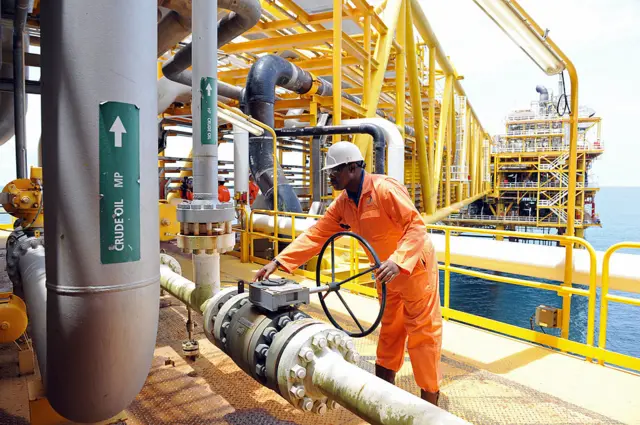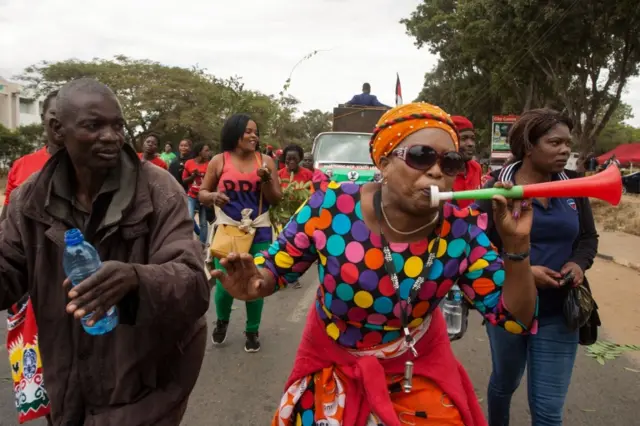South African youth joblessness called a 'national crisis'published at 05:54 BST 21 June 2019
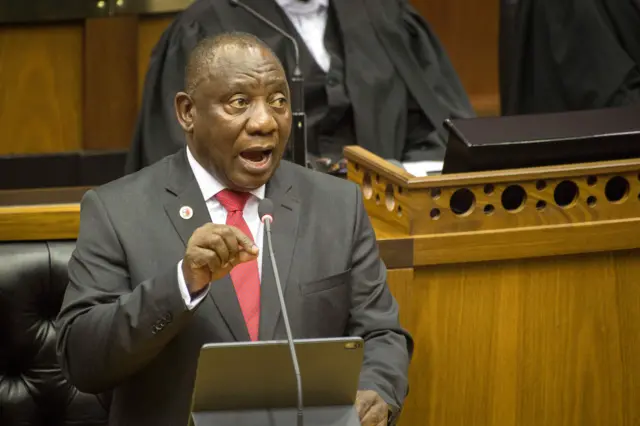 Image source, AFP
Image source, AFPPresident Cyril Ramaphosa said South Africa should dare to dream
In his first state of the nation address since the ANC won May's general election in South Africa, President Cyril Ramaphosa described the youth unemployment rate of 50% as a national crisis.
He pledged to create two million jobs for young people over the next decade.
He listed economic growth, job creation as well as improving education and health as the country's top priorities.
He also promised to support the country’s struggling electricity utility Eskom.
But Mr Ramaphosa dared the country to dream.
He said he wants to build a bullet train and like China construct a new smart city.
The leader of the opposition Mmusi Maimane reacted by saying that the president wants us to dream but when he wakes up he will realise that we live in a nightmare.
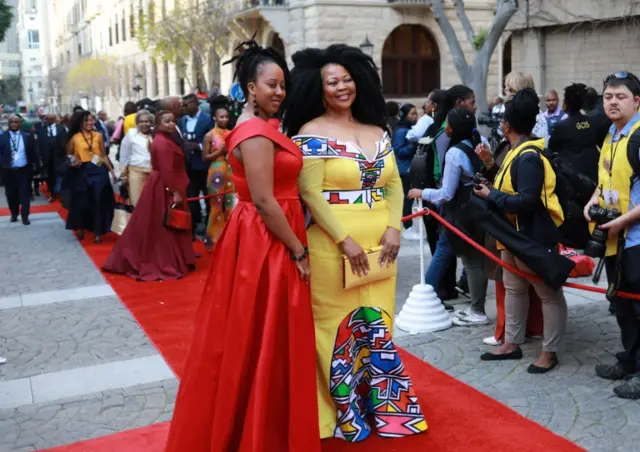 Image source, EPA
Image source, EPAThe state of the nation address is also surrounded by a lot of pomp and ceremony
